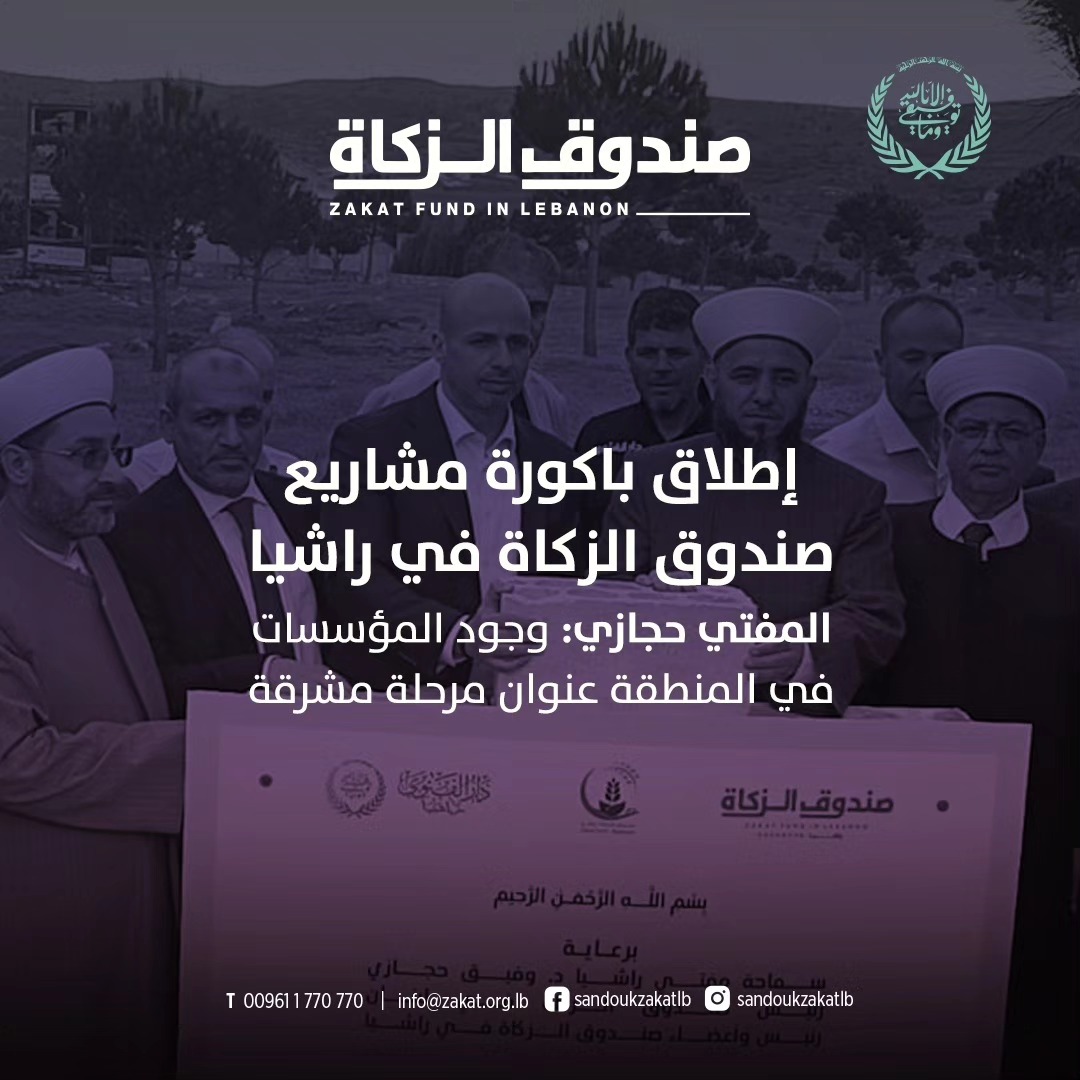Zakat limit (Nisab)
The Zakat payment limit is the amount of wealth that is specified by Islam, which makes the owner liable for the payment of Zakat. Different types of wealth are subject to different Zakat limits.
- Zakat of Gold is due if its weight is 85 grams, with a grade of 24 carats, taking into consideration continuous changes in the prices of gold.
- Zakat is due in current paper money, savings, liquid cash deposits in banks, stocks and corporate shares, bonds and financial paper, and any other instruments that replace money.
- The percentage of Zakat imposed on the above mentioned, is 2.5%, on condition that the above types of wealth reach the specified limit of Zakat as evaluated by gold, and complete the one-year cycle.
- Zakat is due on trade assets. The trader should make an inventory and evaluate the business merchandise, add to it cash, savings and good receivables, then subtract from it trade payables and expenses, and finally pay Zakat on the remainder, on condition of reaching the Zakat limit as specified previously.
- Zakat is due on extractions from under-earth, whether metals or non-metals, by a rate of 20%.
- Zakat is due on plantation and fruits whenever it reaches the Zakat limit that is estimated at the equivalent of 653 kilograms. If it is arid agriculture or irrigated by rain, then the Zakat percentage is 10%. However, if land is irrigated by an irrigation system, the Zakat rate is 5%. In calculating Zakat, crop collection expenses are deducted from the value of the resulting crop.
- The Zakat cycle for all the generated money and profit, is the same as the cycle of its original principal or asset.
- Whenever Zakat is due on an individual, it cannot be canceled, neither due to the death of the owner, nor due to passage of time. The amount of due Zakat becomes a debt to be deducted and paid by the heirs from the inheritance before its distribution.
- The imposition of taxes by the government does not cancel the payment of the imposed Zakat.
- Assets which do not have a specified percentage of Zakat assigned by Islamic jurisprudence or scholars, are subject to the following rules: Assets like buildings for lease, factories, cars and similar assets are not subject to Zakat. Zakat is paid only on the net generated revenue, taking into consideration the zakat limit and the zakat cycle, at the rate of 2.5% from the net income at the end of the zakat cycle.








































